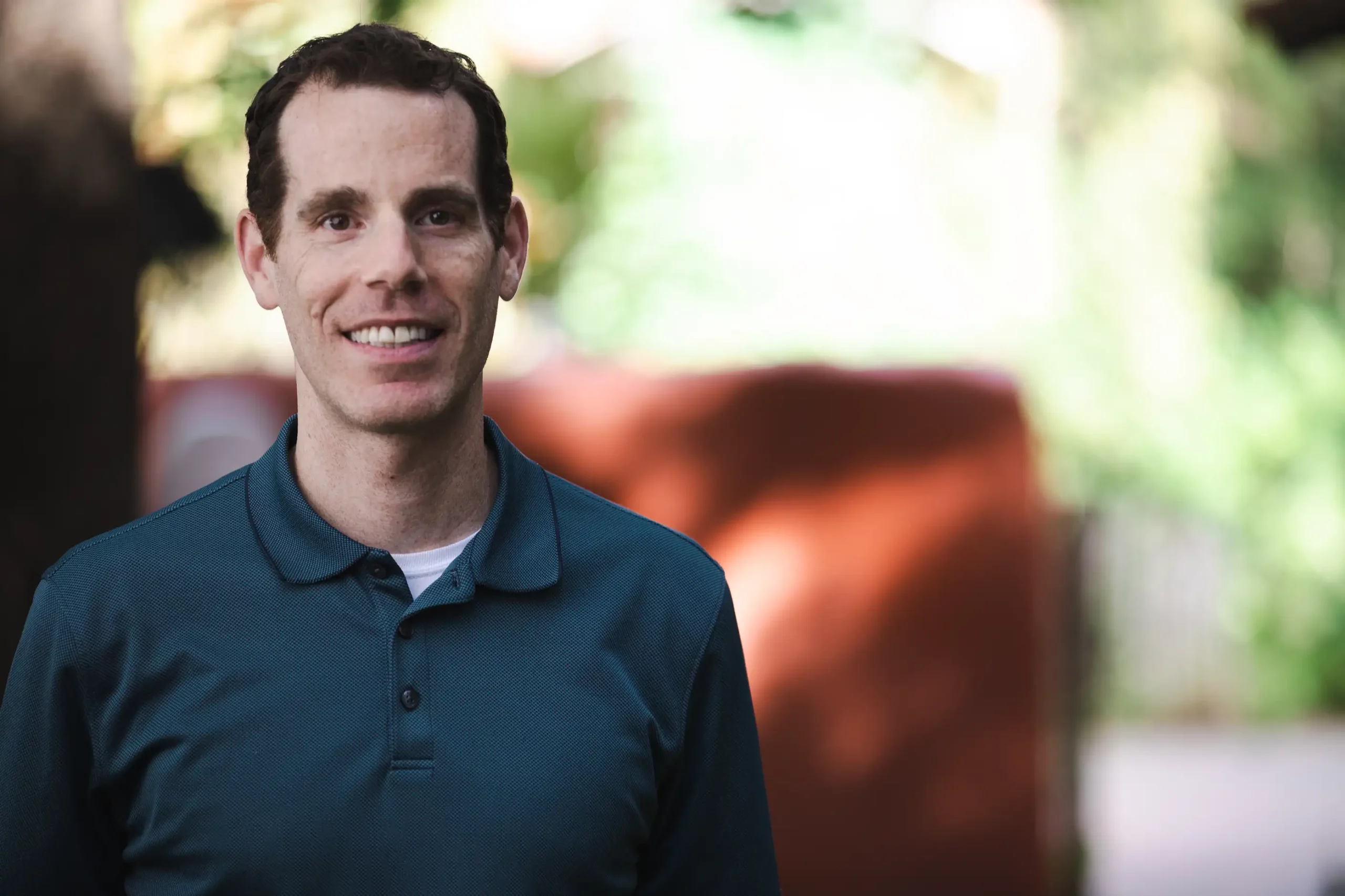“C’mon, is this some sort of pipe dream? Meaning and purpose from my work, are you kidding me? I work at a job making minimum wage! I do that for 8 hours a day, 5 days a week, and you expect me to find meaning in that?!?”
Workin’ 9 to 5
If that response isn’t your reality, then it’s quite possibly the reality of someone you know. And even if you are making 6 figures or more at your job, it is likely that you are “getting through” 8+ hours a day, 5+ days a week to achieve that. What’s more, despite that income it is still not uncommon to be lacking meaning and purpose with that work. In other words, a higher salary may make the medicine go down a little easier but why have to take medicine in the first place?
Meaningful Work
In a 2018 survey by BetterUp Labs, 9 out of 10 people said they’d trade 23% of their future earnings to have a job with meaning. In other words, 90% of the people surveyed were not experiencing meaning in their job! What’s more, they desired meaning so much that they were willing to pay ¼ of their future earnings for it!
If meaning is so clearly valued and simultaneously so lacking, then where exactly is the disparity? And how do we fix it? We find the biggest contributor to a lack of meaning and purpose to be the result of disconnection. More specifically, a lack of connection to what’s alive in your own heart as well as a lack of prioritization of connection with the people around you. When you focus on connection, meaning and purpose will often begin to manifest.
Identifying Needs and the Gift of Connection
Now, what does that mean to be connected to yourself and others? It’s to be in what Nonviolent Communication teaches as a needs-based consciousness. In my experience, when we ask people what they need, they respond with judgments and/or strategies:
I need a nicer boss
I hate staying late at work
I need more money
I need a promotion
My coworkers are just so mean, boring, (or whatever judgment you want to insert here)
But what do you actually need? Do you need more kindness and care? Do you long for more support and collaboration? Do you wish for authenticity and connection? Do you need more respect and kindness? Do you want to experience a greater sense of contribution to others?
What is Alive in You?
These are just some examples of needs to explore as you connect to what is alive in you. They are all important but some may have a greater priority for you than others. For example, let’s say upon self-reflection that you identify a need for contribution is alive in you at the moment. Maybe you don’t see how your work contributes to society, or worse, maybe your work actually does not contribute to society? Let’s look a little closer. Do you want to participate in work where you help other people improve their lives? If that is the case, then working in marketing for a tobacco company or being a defense lawyer for an organized crime family might not check that box. If all you focus on is accumulating more money you might lose sight of your precious need to contribute being so overlooked.
Meeting Your Needs
The good news is that your needs are essentially your life energy. And your life energy will not be ignored. Your unmet needs may initially start off by gently calling attention to themselves, but if they are ignored long enough they may start yelling and screaming. Cue mid-life crisis. By getting clear on what your underlying needs are as well as what needs are not being met in your current career, then you can eventually come up with new strategies to better meet those needs. One pitfall is to start strategizing too early. It is quite helpful to spend a fair bit of time really connecting to all of your needs as well as what life could look like as more of those needs get met. The more you can sit back and let your imagination (using all 5 senses) run wild with what the ideal experience is for you, the better. Don’t worry about whether it seems possible, really feel into what meeting these needs can be like.
There are many thoughts that can get in the way of fully feeling those needs being met. For example, your logic-brain might not want to accept that what you were interested in when you went to school 10, 20, or even 30 years ago may not interest you anymore. If so, does that mean you should just grin and bear your work or should you shift your life to find opportunities to better support what interests you now?
This doesn’t mean you have to quit your job and throw caution to the wind. You can always find meaning and purpose in your work, even if the work is no longer what you want to do long-term. For example, I used to work in a conventional hospital system admitting patients to the hospital. It entailed a model of health (or more accurately a model of sickness) that simply reacted to immediate problems and put out immediate fires in people’s lives just well enough to get them home so they could go back to the same activities that created the fire in the first place. I didn’t feel like I was making any meaningful contributions and knew I was going to switch jobs eventually. At the same time, I wasn’t ready to quit this job. The good news is that I was able to connect to my need to contribute and intention to connect as my guide. I got more clear around what did fulfill my needs for contribution. I found opportunities to help people around diet and lifestyle changes. I found some patients who were very interested in this information and enjoyed my support. I asked them to keep in touch not only to help them, but also for me to be able to see the impact I was having on some and thereby meet my needs for celebration and contribution.
Connection at Work and Home
In addition, I practiced (and improved) my Nonviolent Communication connection skills with patients and coworkers, learning how to empathize and connect as well as support some of the connections in their lives. It was so meaningful when they would come back and share how that helped them within their own families. Again, I didn’t like working in the hospital system but did enjoy practicing my NVC connection skills and really enjoyed seeing the impact of my contributions for many people. In other words, I didn’t let my job description limit my ability to contribute and connect. Ultimately, I have been able to shift my work so that my current job description also aligns with my values and desire to contribute and connect; however, that is something that evolved and coalesced over time.
For most people simply identifying their underlying needs through this self-connection process is enough to begin shifting their mood and enhance their sense of joy and satisfaction at work. It continues to fascinate me that self-connection to underlying needs, what your life energy is desiring, is more important than actually always meeting those needs. Of course, I want to meet needs whenever possible, but just acknowledging their presence and reassuring myself that I am moving towards meeting them is enough to stimulate a real sense of inner peace. From there I can slowly move my ship full of endless strategies towards meeting more of my inner needs as we go.
Experiencing meaning and purpose is a need and your job description is one of many strategies that could meet that need. Because we spend so much time at our work, it is helpful to ensure the strategy (our job) aligns with as many of our values or needs as possible. Begin by identifying what needs it meets and what needs it doesn’t so you can self-connect around that awareness. Then remember that even within your current job description there are small changes you can make right now that help meet more of your needs. And then over time you can make even larger changes that meet even more of your needs, including career changes. Ultimately, the more you align your behaviors with your values and needs, no matter what your job is, the more joy you will experience. And opening yourself up to experiencing more satisfaction, inner peace, and joy is what ensures that Life Is Wonderful!




